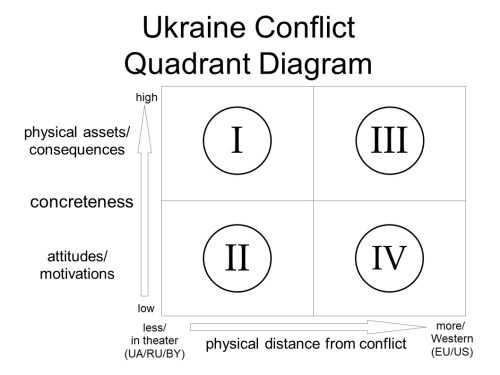It was a comment on this blog which struck me immediately upon reading it. The subsequent discussion in the comment thread was how antisocial behavior on the part of massive numbers of homeless people setting up massive, festering camps in the downtown areas of certain cities was making those cities less and less inviting for ordinary people. In the final analysis, no one really wants to come to work in a place where they have to step around feces on the sidewalk, dodge the aggressive panhandler outside a downtown restaurant, or run from the homicidal crazy looking to shove someone off the subway platform in front of an oncoming train. Downtown retailers can’t keep on in business long when the merchandise walks out the door, assisted by undocumented shoppers; so, eventually the normals that is, those of us with jobs, property, and a liking for clean, non-threatening surroundings decamp the urban jungle for something a little less edgy, usually taking our dollars, investments, responsible civic behavior, and tax base with us.
Why on earth do certain cities San Francisco and Los Angeles being the two which spring to mind almost at once allow this to continue? What benefit does it give to see gracious, scenic, and culturally-attractive cities descend into a condition which repels longtime residents and new visitors alike? What’s in it for the civic managers of such urban centers … and as it was pointed out, there’s money in it.
Read more

